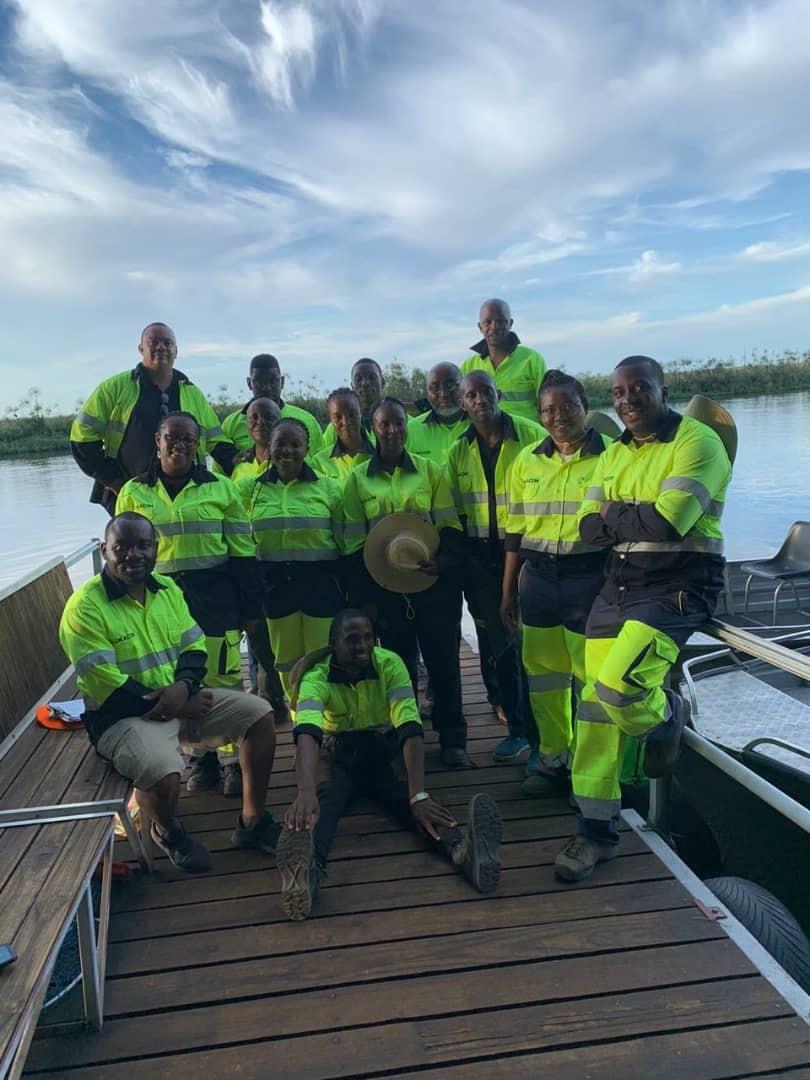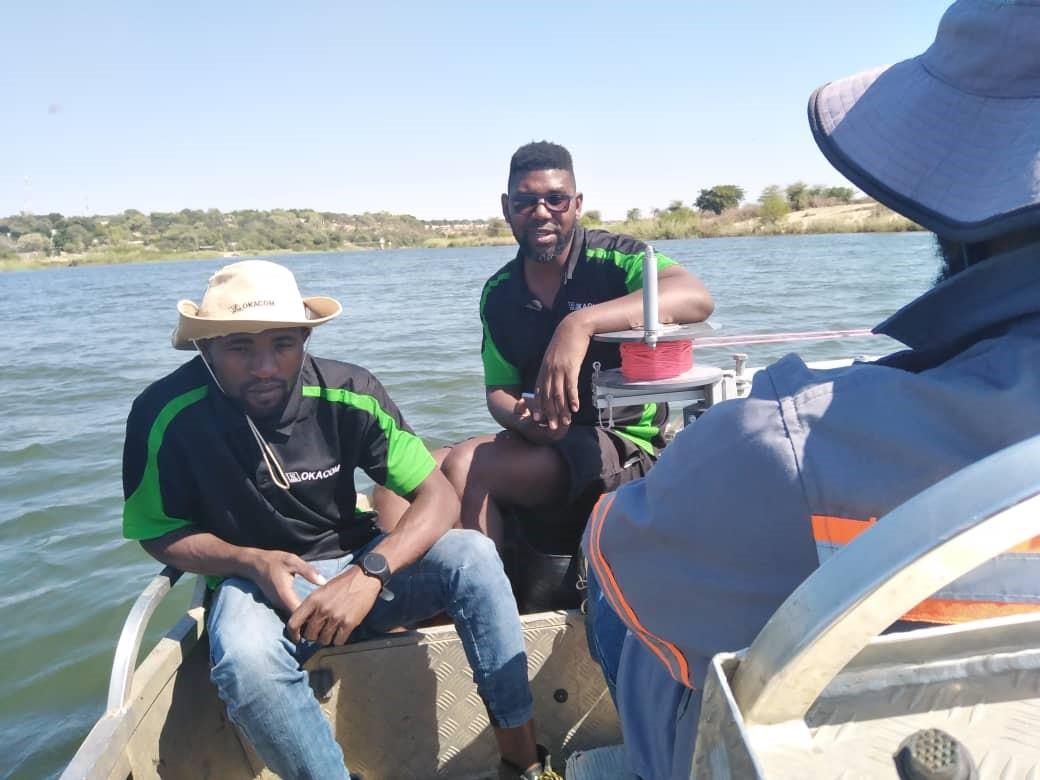- Home
- About Us
- Background
- Mandate
- Cubango Okavango River Basin
- Governance
- Strategy and Approach
- Member States
- Our Work
- Partners
- Climate Resilient Infrastructure Development Facility (CRIDF)
- European Union (EU)
- Southern African Development Community (SADC)
- Swedish International Development Cooperation Agency (SIDA)
- The World Bank (WB)
- United Nations Development Programme (UNDP)
- United States Agency For International Development (USAID)
- Resources
- News and Events
- Opportunities
- Contact Us
- FAQ's
- Connect With Us
- i
- t
- f

Thematic Area 2: Water Resources Management


There is limited knowledge on the contribution of the various parts of the Cubango - Okavango River basin to the available water resources due to lack there-in of comprehensive, consistent and sustainable water resources monitoring in some parts of the basin. For example, groundwater resources have never been quantified at basin level. Similarly, sediment provenance and transport has never been conducted at basin level also. However, with population within the basin likely to increase in the not so distant future, coupled with the prevailing political stability in Angola significant socio-economic development are likely to ensue in the next few decades. Although the quality of water within the basin is currently in desirable state based on the recent survey results, socio-economic developments such as agriculture, construction of dams, mining and urbanisation are likely to negatively affect both water quality and quantity in certain parts of the basin. To manage allocation and detect the impact of water based socio economic developments on the water quantity and quality in the basin, there is need for a basin wide comprehensive water resources monitoring programme. The development of surface water, groundwater, and water quality monitoring systems will enable collection of data necessary for effective water resources management. Improvement of the various tools for overcoming challenges faced in water resources management is a key issue in the Cubango-Okavango river basin.
Under the umbrella of the BDMF the outcomes in this Thematic Area are focused on the development of specific planning and monitoring instruments for water resources assessment and management ultimately leading to the development of a basin-wide Integrated Water Resources Management (IWRM) plan. Taking into account the interconnectedness of surface and groundwater resources, emphasis is placed on the latter as the understanding of groundwater availability and quality in the basin is underdeveloped. Likewise, flood management is identified as a key outcome in this Thematic Area given the severe impacts of large floods in the recent past.
Indicative Planned and Ongoing Activities (references)
- Common demand forecast and water resource yield planning methodologies with consideration of climate change impacts approved and implemented.
- Basin-wide hydrological and meteorological monitoring system to determine surface water resource yields, groundwater recharge and predict drought and flood events strengthened.
- The potential of groundwater as an alternative source of water supply in the basin is known.
- Common guidelines and regulations for WDM (water demand management) and licensing of water abstraction approved and implemented.
- Environmental Water Requirements agreed and observed in the basin.
- Basin-wide water quality monitoring programme established.
- Common guidelines and regulations for water quality management approved and implemented.
- Basin-wide sediment monitoring system established.
- Reduced flood damage in the basin due to improved flood forecasting and early warning systems.
- Basin planning and management at national and transboundary level based on basin-wide IWRM plan.
Activity:
Thematic Areas & Activities
News
subscribe for news notification by email
Photo Credit: Kostatin Luchansky, National Geographic, Okavango Wilderness Project.

